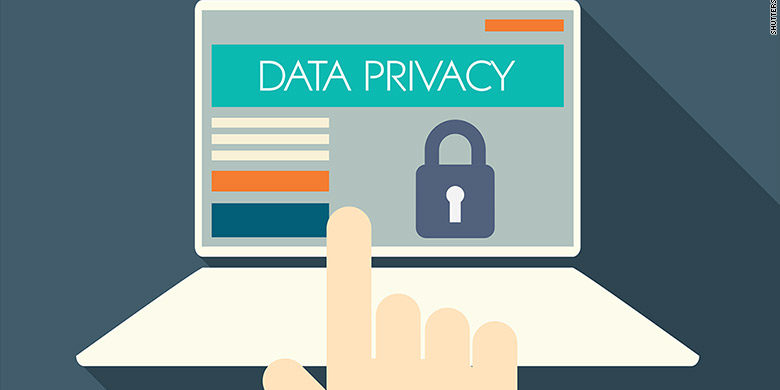Info@wiperts.com
How to clean up or delete data brokers’ profiles of you
Data brokers are a special breed of data miner. These folks store, save, buy, and sell all your personal data to the highest bidder. They are like squirrels gathering nuts for the winter. They mine data from every possible place they can think off and keep files on the majority of people. It is not an easy task to find out what is in these files or even if they exist. There are some legal measures you can go through to make sure data brokers destroy the data they have on you, including opting-out, but if they lie and say they don’t have a file, or don’t “get around” to deleting your existing data, it’s difficult to prove. By the time you could get a court order or legally force them to delete the data, they can remove all traces of your file. In a few months, they can put a new file together with the same resources they used in the first place.
To clean up or delete data broker files on you and your family, you should first understand how they operate and why the do what they do. So where do data brokers get their data? Mostly from companies like Facebook, google, LinkedIn, Twitter, Instagram, and many other applications we download to our phones and computers. They also get a lot of information from “frequent shopper” cards. If you use a pharmacy discount card, or a supermarket discount card, then that data is uploaded and saved to that company’s databases. For example, if you use a pharmacy card, it keeps track of your purchases, coupons used, and maybe even your past searches. They do this to “better serve you” by providing, or pushing, ads that are customized to your past queries. However, these have not proven to be accurate or even true. Just because you buy toilet paper doesn’t mean you want to try eight other brands of toilet paper. Also, if you use these cards, you can see clearly that the offers you are given have nothing to do with your actual shopping habits. Sometimes they do, but mostly they are random offers that everyone gets. So, if that’s the case what are they doing with all that data? They are selling it to data brokers.
Data brokers find sources of data on you, on all of us, and they compile a “file.” Everyone has a file, or almost everyone. This information is valuable to large and small companies alike. Marketing people love to purchase data on people; it gives them insight to trends and buying patterns. Marketing companies also do market “research” and will often have people test products or provide opinions, but they get a great deal of information from data brokers. The data they have can be quite intimate and very personal, right down to your height and weight. If the data is blank, they will often guess based on your other information and just put what they think is correct in the field. This leads to inaccuracies, which may seem funny if it’s going to advertisers, but not so funny when car insurance companies and banks actually use this data to make decisions about your rates. Yes, they are that stupid. They will use data gathered about you from various unverified sources and use that to base decisions on your rates. The days of getting to know customers on a personal basis for big companies is over. They have no time or desire to actually find out if a customer is “risky” or stable. Why should they when they have data brokers to tell them if you are! Sadly, this leads to their own large losses, since the data is often wrong and they are insuring, lending to, helping, and the wrong people. Opting-out might may or may not work. But it’s worth a try. Also, you can use private browsing rather than open search engines that track your searches. You can also delete the cookies stored on your computer. You may also want to find a good data removal company to do these tasks for you and guide you in how best to keep your data offline going forward. They can really help point out tips that will keep your private data private.







